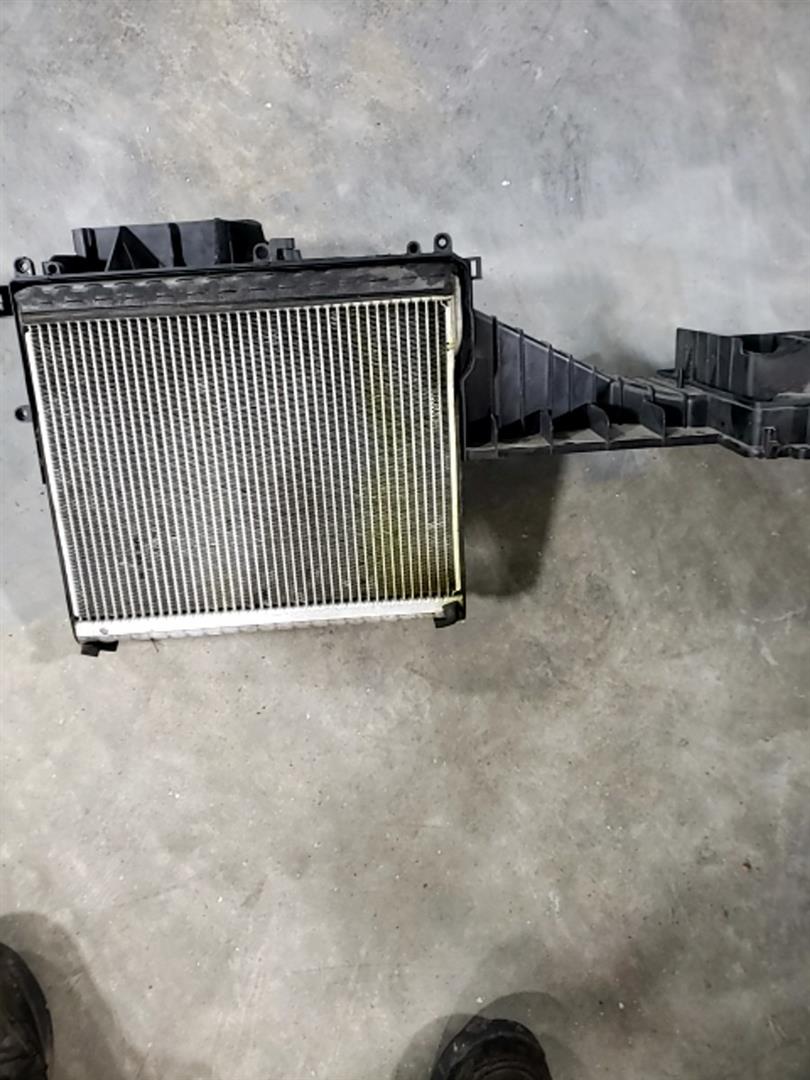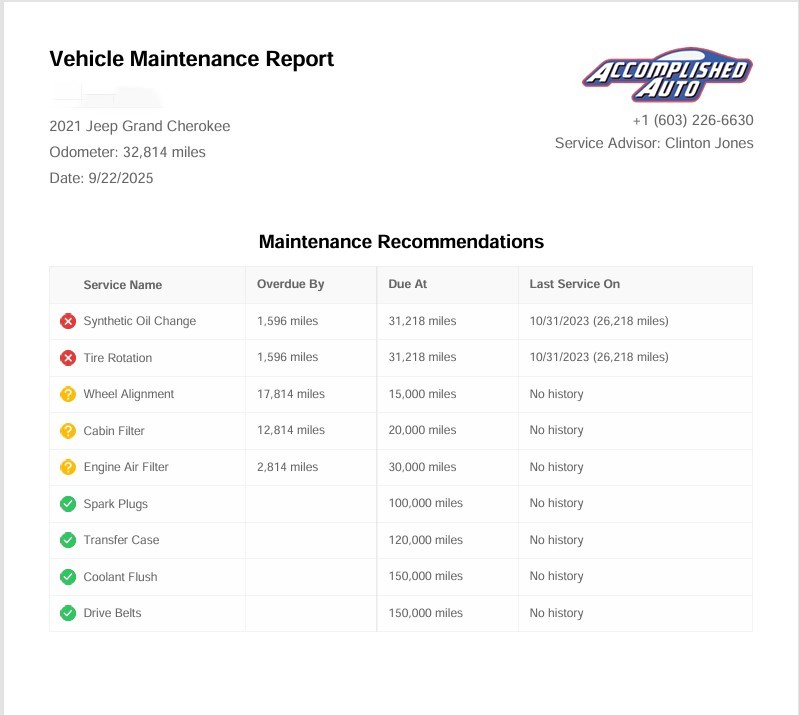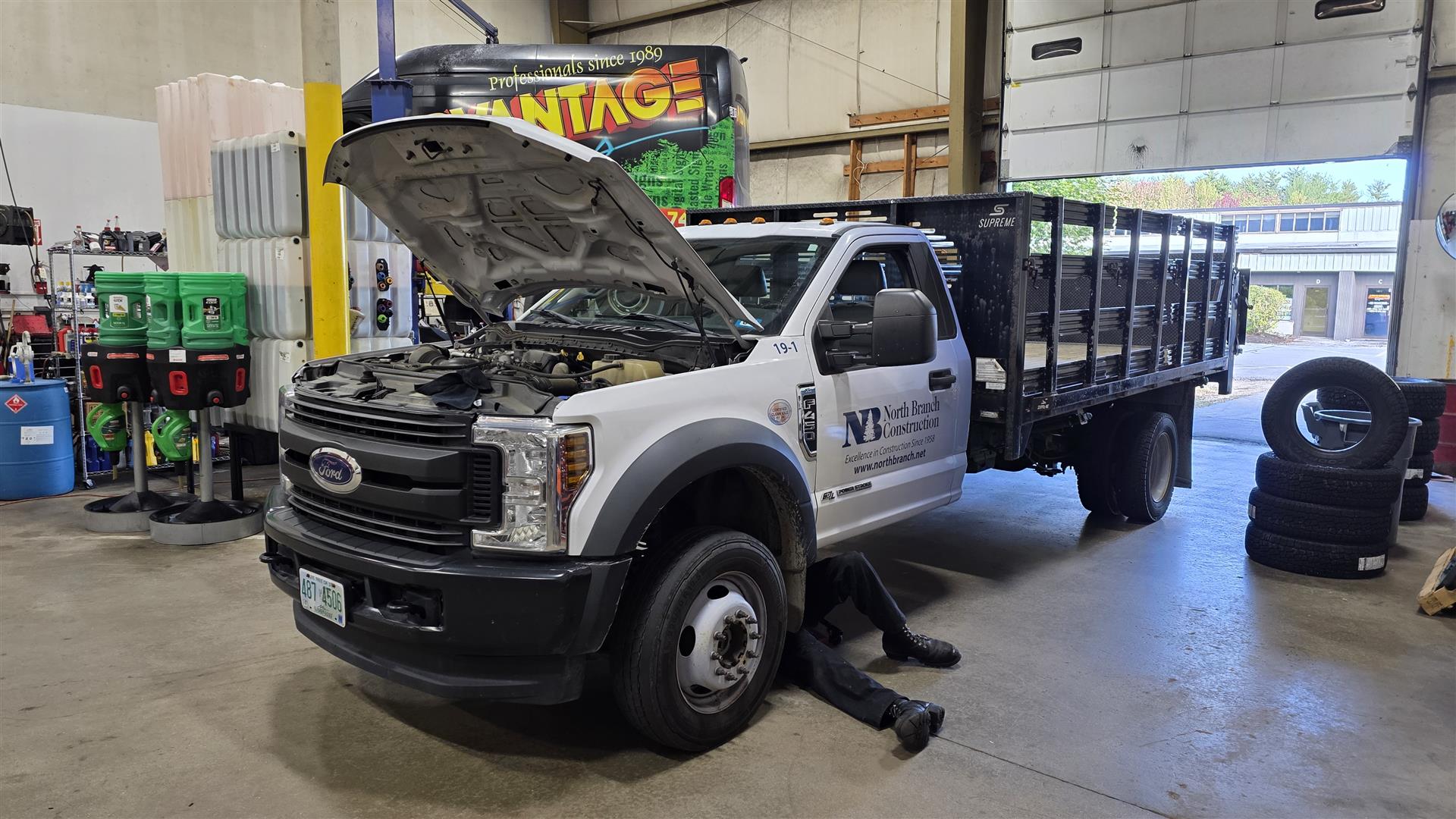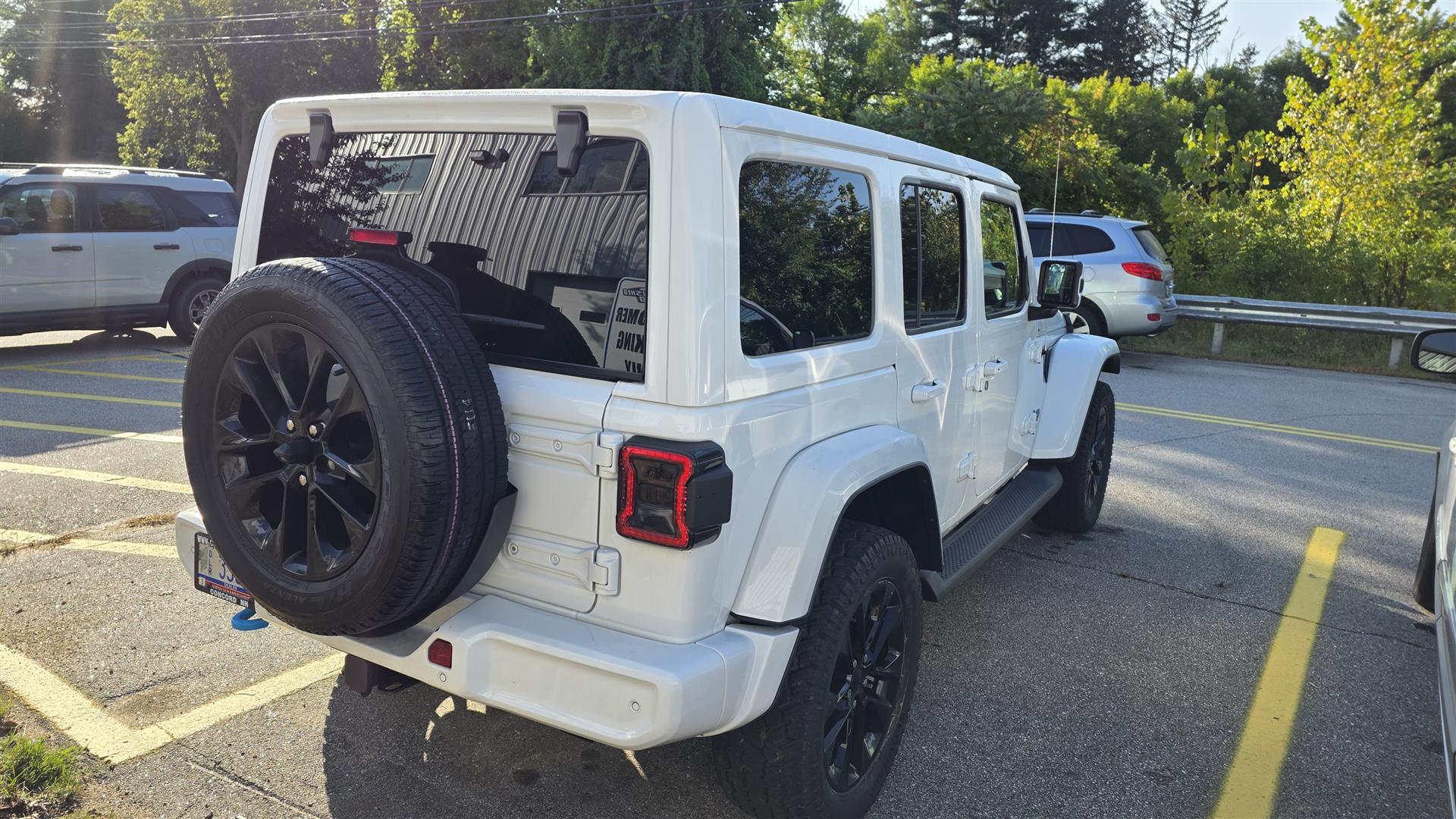Posted on 9/29/2025

Why Is Steam or Vapor Coming Out of My Car Vents? Have you ever turned on your car’s air conditioning or heater and noticed steam, mist, or smoke coming out of the vents? It can look scary, but it isn’t always a sign of a serious problem. Sometimes it’s harmless, but other times it means your vehicle needs attention. At Accomplished Auto in Concord, NH, we want you to know what’s normal, what’s not, and when to bring your vehicle in for service. Harmless Condensation One of the most common reasons for seeing vapor is condensation. On hot and humid days, cold air from your A/C can make moisture in the air turn into tiny water droplets. That mist can look like smoke, but it’s usually nothing to worry about. If it happens once in a while and goes away quickly, it’s most likely just water vapor. However, moisture that sits in your vents for too long can lead to mold and mildew, which causes musty odors inside the car. Running the fan for a few m ... read more
Posted on 9/22/2025

New England’s Tough Driving Conditions: Why Follow Your Car’s Severe Service Schedule Are you confused about how often to service your car? You’re not alone. The simplest answer is: follow the maintenance schedule in your owner’s manual (or the one your service center provides for your specific vehicle). Every car has its own recommended service intervals these days, and the old one-size-fits-all rules are long gone. For example, oil change recommendations from manufacturers can vary anywhere from 3,000 miles to 15,000 miles depending on the engine and oil type. But here’s the truth: The 3,000-mile interval was for much older vehicles – and there are very few of those left on the road in our area. The 15,000-mile extended intervals will usually get you through your warranty, but in our experience they often lead to sludge buildup and engine issues over time. That ... read more
Posted on 9/19/2025

Tires are the only part of your vehicle that touches the road, and their condition directly impacts your car’s safety, handling, and performance. Over time, tread wears down, rubber ages, and damage can occur, sometimes without obvious signs. If your tires are past their prime, you risk poor traction, longer stopping distances, and an increased chance of blowouts, especially in wet or uneven conditions. Here’s how to check if your tires are still roadworthy or if it’s time to replace them. Tread Depth: The First Indicator Your tire’s tread depth is a key factor in maintaining grip, especially on wet roads. As the tread wears, your car’s ability to channel water decreases, raising the risk of hydroplaning. In most states, the legal minimum tread depth is 2/32 of an inch, but safety experts often recommend replacing tires when they reach 4/32 of an inch. A quick way to check is the penny test: insert a penny into the tread with Lincoln&r ... read more
Posted on 9/19/2025

Fleet Services in Concord, NH: Keeping Your Business Vehicles Reliable When you run a business in Concord, NH or the surrounding towns, your vehicles aren’t just transportation—they’re your livelihood. Contractors, delivery services, and government agencies rely on their trucks, vans, and cars every day. At Accomplished Auto, we understand that downtime means lost revenue, which is why we offer comprehensive fleet services designed to maximize uptime, improve reliability, and keep your vehicles safely on the road. Why Fleet Maintenance Matters Every breakdown comes with a cost—towing, lost productivity, missed jobs, and unhappy customers. By staying on top of maintenance and inspections, you can prevent most of these issues before they happen. Our approach to fleet maintenanc ... read more
Posted on 9/17/2025

Choosing the Best Tires for New England Driving Driving in New England means preparing for just about everything: icy winter mornings, muddy spring backroads, hot summer pavement, and long highway commutes. For drivers in Concord, NH and nearby towns like Pembroke, Bow, Dunbarton, Hopkinton, Contoocook, Boscawen, Canterbury, Loudon, and Chichester, the right tires make all the difference in safety, performance, and comfort. At Accomplished Auto, we help local drivers find the best tire solutions for their unique needs. Whether you’re looking for year-round convenience, winter traction, quiet commuting comfort, or help choosing custom wheel and tire sizes, our team can guide you every step of the way. All-Season vs. All-Weather Tires: Year-Round Convenience Many drivers prefer the simplicity of one tire set all year. All-season tires handle spring through fall conditions well but can struggle in deep snow and ice. That’s where all-weather tires shine. All-weather tires a ... read more